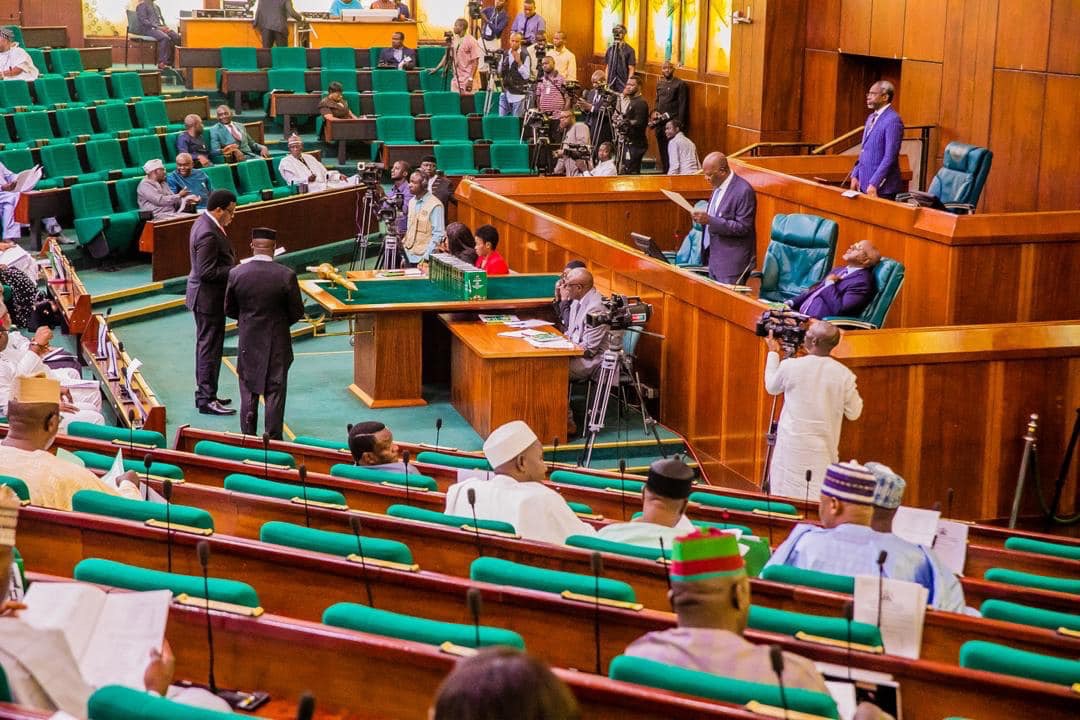A bill advocating for the adoption of a parliamentary system of governance in Nigeria has successfully passed its first reading in the House of Representatives.
Sponsored by 60 lawmakers, the bill was introduced during Wednesday plenary session.
The lawmakers, setting 2031 as the target year for the transition, highlighted the perceived flaws of the current presidential system.
Briefing journalists after plenary, Abdulsamad Dasuki, a member of the Peoples Democratic Party (PDP) from Sokoto, speaking on behalf of his colleagues, emphasized how the existing system has hindered the nation’s progress by draining resources from vital sectors like infrastructure, education, and healthcare.
Dasuki stated, “Among these imperfections are the high cost of governance, leaving fewer resources for crucial areas like infrastructure, education, and healthcare, and consequently hindering the nation’s development progress, and the excessive powers vested in the members of the executive, who are appointees and not directly accountable to the people.”
The legislators anticipate that the bill will spark a national discourse on the future of Nigeria’s governance system.
They emphasized the importance of public debates, stakeholder consultations, and expert analyses to inform decision-making on the proposed constitutional changes.
“Our conviction is that a streamlined executive branch, which replaces the president and vice president with a prime minister and cabinet chosen from the legislature could lead to a smaller central government, reducing salaries and administrative expenses,” they expressed.
They also argued that shifting the election of governors and local government chairmen from general elections to votes within their respective legislative bodies could significantly cut costs currently spent
on state and nationwide campaigns.
A similar bill was introduced in 2018 but failed to progress through the constitutional amendment process.
Nigeria presently operates under a presidential system, wherein the president is directly elected.
In contrast, the parliamentary system entails the legislature appointing a prime minister, leading to a less distinct separation of powers.


